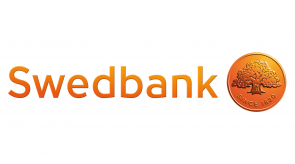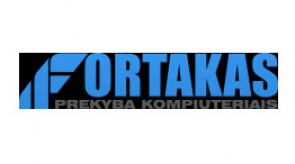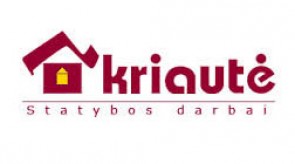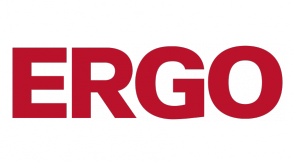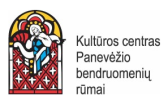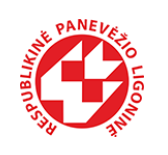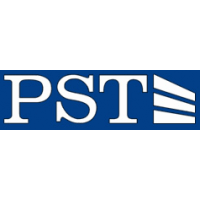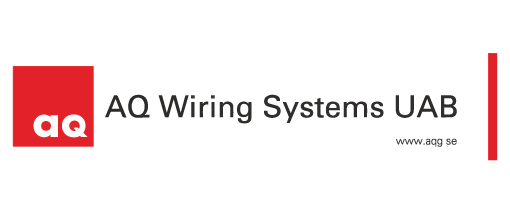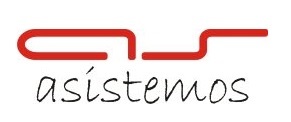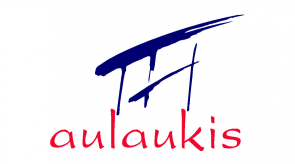Business Management
 BUSINESS MANAGEMENT (state code – 653N20002)
BUSINESS MANAGEMENT (state code – 653N20002)
Qualification to be awarded: Professional bachelor in Management
Scope of the study programme in credits 180
Objective(s) of a study programme:
The aim of the Business management programme is to train the universal and qualified business manager, who is capable of researching, planning, organizing, coordinating, evaluating and controlling management processes in small and average business companies and having sufficient general abilities for the manager’s job. The aim of the programme coherently details the purpose of the programme. The learning outcomes are reviewed and renewed, carrying out researches in order to clarify students, graduates, lecturers and employers’ opinion about the benefit and importance of the programme for regional and national needs.
Please check Rules for Admission for foreigners
| General Modules or Subjects of college studies |
|---|
| Module Development of General Competences (Academic and Professional Language, Professional Foreign Language, Safe Work and Civil Safety) |
| Modules or Subjects of study field |
| Module Mathematics and Informatics (Business Information Technologies and Systematization, Applied Mathematics) |
| Sociology |
| Economics Basics |
| Psychology |
| Module Development of business competences (Entrepreneurship Basics, Business Ethics, Business Communication and Business Negotiation) |
| Module Management (Basics of Management, Quality Management, Accounting and Finance Management) |
| Marketing Basics |
| Practices |
| Cognitive Practice |
| Modules or Subjects of study field |
|---|
| Law Basics |
| Module Marketing (Service Marketing, International Marketing) |
| Module Development of research competences (Statistical Data Analysis, Social Research Methodology, Marketing Research and Analysis) |
| Module Human Resources and Leadership (Human Resources Management, Leadership) |
| Module Business Economics (Business Economics) |
| Practices |
| Business Organizing Practice (DC) |
| Practice in a Business Enterprise |
| Modules or Subjects of study field |
|---|
| Commercial Law |
| Module Firm’s Strategic Management (Project Management, Firm’s Strategic Management) |
| Specializations/Optional modules (subjects) |
| Module Marketing Management (Strategic Marketing Management, Consumer Behavior, Advertising design and composition) |
| Module Trade Management (Sales Process Management, Electronic Commerce, International Trade) |
| Optional subjects set by the College |
| Optional Subject 1 – optional module (subject) foreseen by the order of the Director |
| Optional Subject 2 – optional module (subject) foreseen by the order of the Director |
| Practices |
| Module Final Module (Final Practice) |
| Module Final Module (Final Thesis) |
Program goal:
To prepare a qualified business manager who possesses knowledge of management and development of organizations, institutions, and other social systems, and who can constructively apply this knowledge in their professional activities. They should also be able to creatively and critically apply research methods and tools to solve theoretical and practical management problems, continually improve their professional competence, and seek personal and professional growth by learning throughout their life.
Learning outcomes:
- Ability to describe classical and modern management concepts, principles, functions, and theories.
- Ability to apply management knowledge to plan, organize, manage, and improve management processes
in various areas of business management, including finance, marketing, accounting, and human resources
management, while considering principles of social responsibility and ethics. - Ability to analyse the economic, political, legal, technological, social, and cultural environment of a
company or organization to evaluate the business and management situation, and assess the suitability of
equipment to meet modern requirements. - Ability to conduct applied empirical research in the field of business and business management, using
quantitative and qualitative research methods, and collect, systematize, and analyse data. - Ability to evaluate data, formulate and justify conclusions and proposals, and purposefully use
accumulated information to solve business and business management problems. - Ability to collect, structure, and analyse data on company performance; evaluate the results of
management functions, and provide suggestions for management improvement. - Ability to use modern technologies to plan, organize, and control company activities.
- Ability to make socially responsible management decisions while adhering to professional ethical
principles. - Ability to communicate professionally in native and foreign languages with the business community and
other stakeholders. - Ability to express thoughts clearly and effectively in speech and writing; communicate efficiently in a
professional and multicultural work environment, and work effectively in a team. - Ability to analyse problems, plan career development goals, acquire entrepreneurship skills, and reflect on
acquired professional knowledge and experience.

